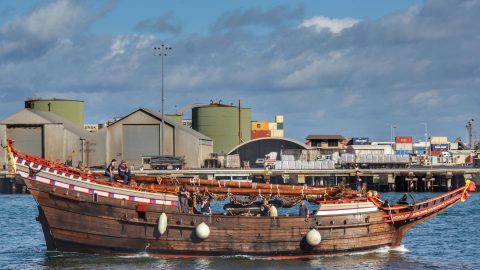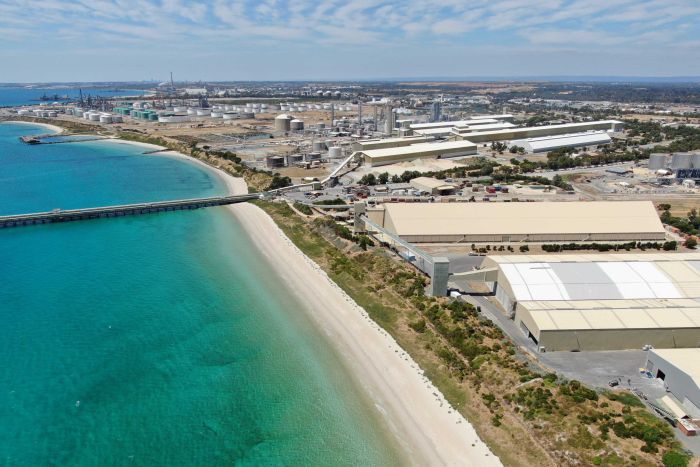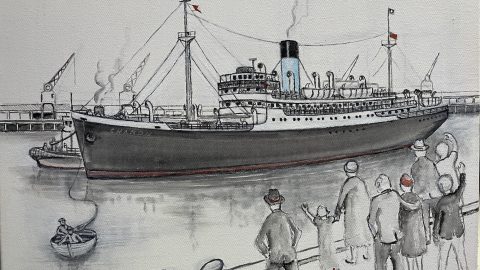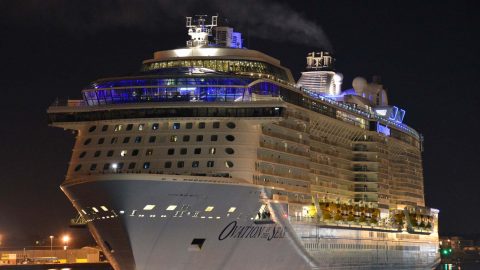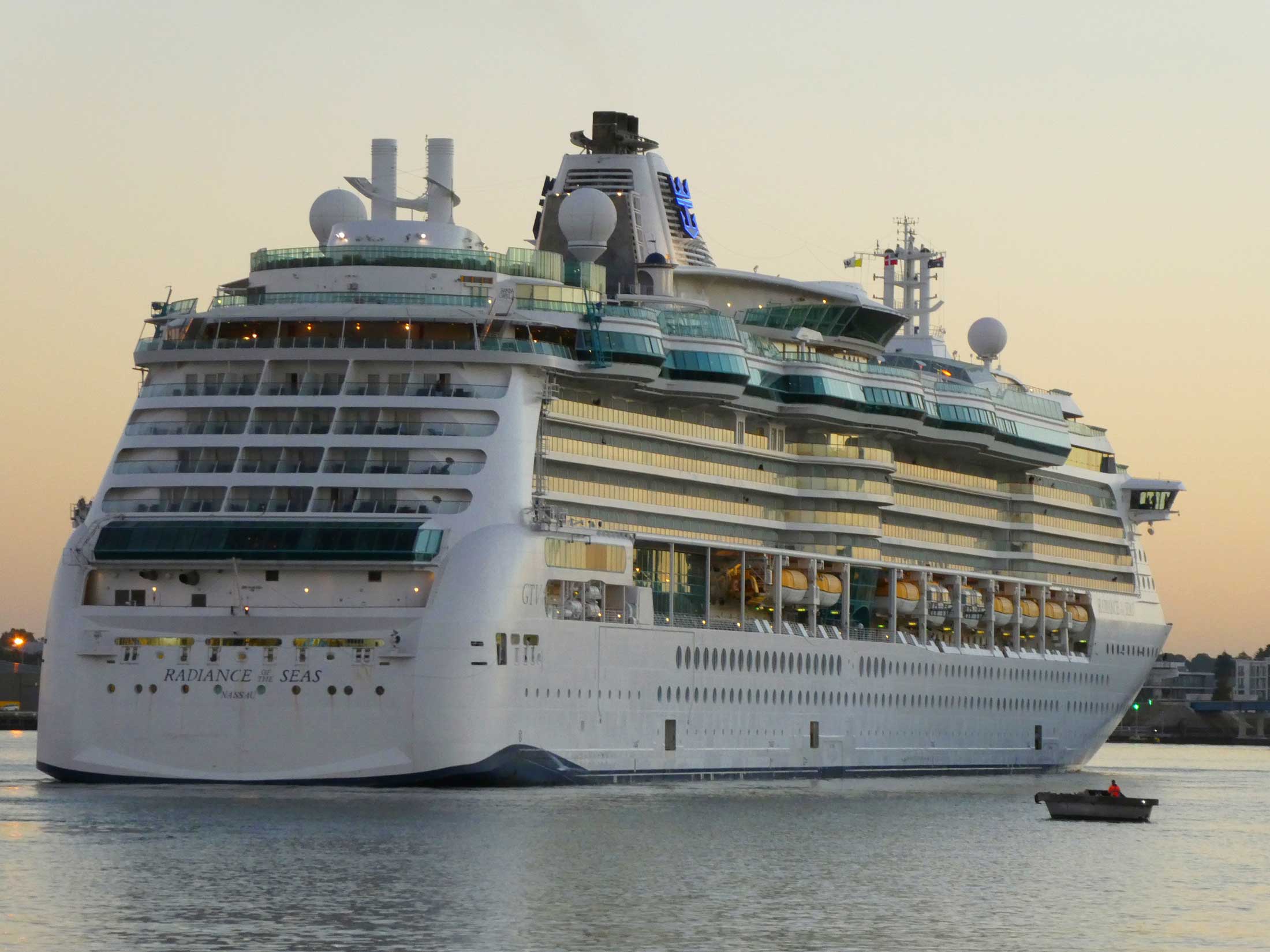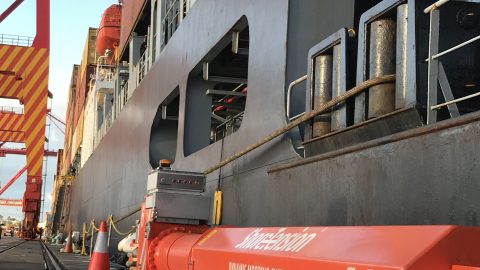Apart from that headline being a terrible tongue twister, what a good, innovative idea the shared shipping container is!
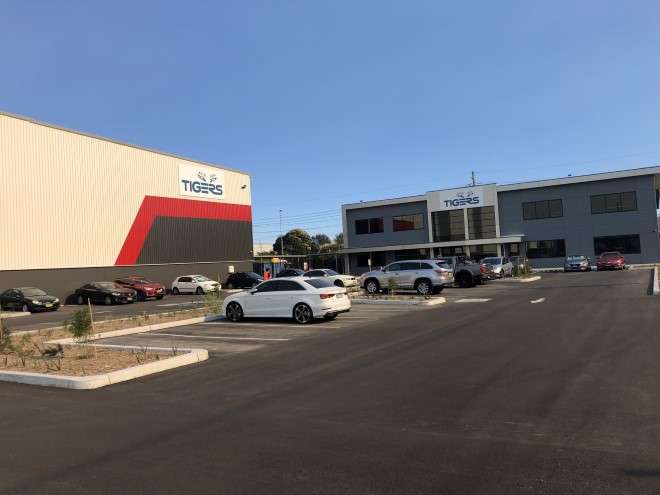
Tigers International Solutions has worked closely with technical experts at the Department of Primary Industries and Regional Development (DPIRD) to identify the “less than a container load” (LCL) initiative, which will trial shared container sea freight to Singapore, supporting perishable goods exporters with similar refrigeration requirements.
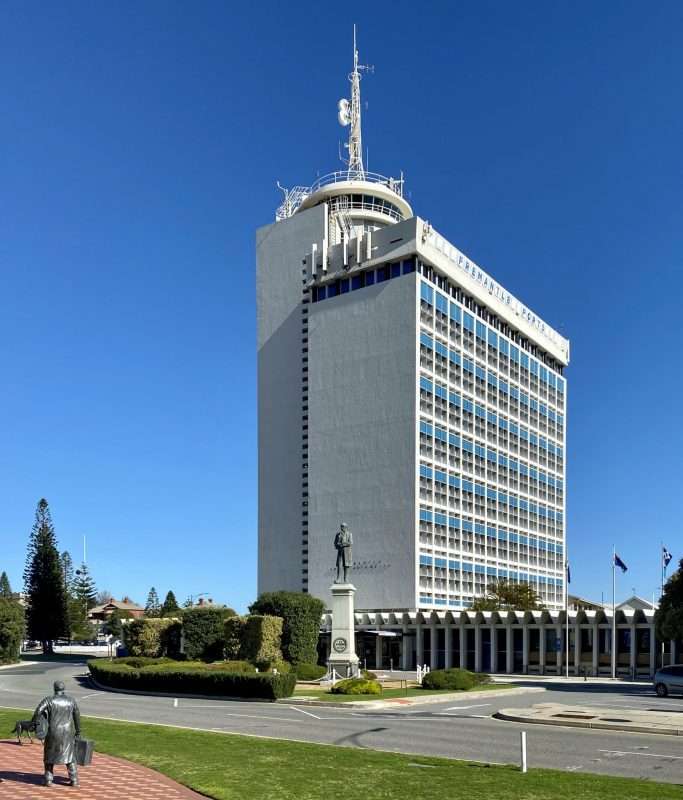
Fremantle Ports Manager, Trade and Business Development Sean Mulhall said that new supply chain solutions were important for smaller suppliers to maintain their export markets and the initiative shown by Tigers International Solutions, DPIRD and ONE was to be applauded.
“Fremantle Ports strongly supports the LCL trial promoting international trade by local suppliers,” he said.
“The cost advantage of sharing containers and the reliability of refrigeration offers sea freight as a competitive alternative to air freight in the current market,” Mr Mulhall said.
Western Australia’s perishable food exporters have been paying significantly more for airfreight than the pre-COVID price, which is expected to rise again when the Federal Government’s International Freight Assistance Mechanism ceases in June 2021.
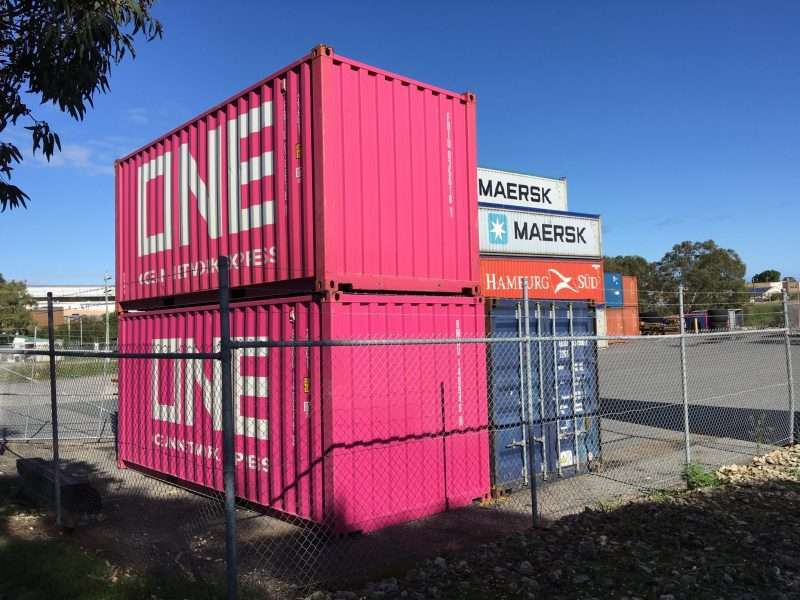
LCL will take advantage of ONE Line‘s frequent and reliable schedule between Fremantle and Singapore for the trial. The proximity of Fremantle to Singapore offers a sailing timing of six days and 23 hours. Vessels can leave Friday and arrive the following Thursday, with cargo available Friday afternoon/ Saturday morning.
While the transit time is longer, the constant temperatures of the refrigerated containers (known as reefers), offer a longer shelf life on arrival with costing comparable to pre-COVID air freight.
The interest from perishable goods exporters has been encouraging and the first container departed Fremantle on 9 April.
Tigers International Solutions General Manager Jason Radford said the company had historically worked with airfreight, but necessity has compelled them to seek alternative solutions.
“The interest from the meat industry had been particularly encouraging and the first LCL will be a minus one-degree container shared by the chilled meat and chilled seafood industries.
“We anticipate the trial of a plus-three-degree dairy and produce container at the end of the month with the possibility of frozen LCL container reefers being available at the beginning of May,” Mr Radford said.
“Initially the LCL trial will deliver product into Singapore, but plans are in place to expand the program into Bangkok and Hong Kong pending feedback from the trial,” he concluded.
